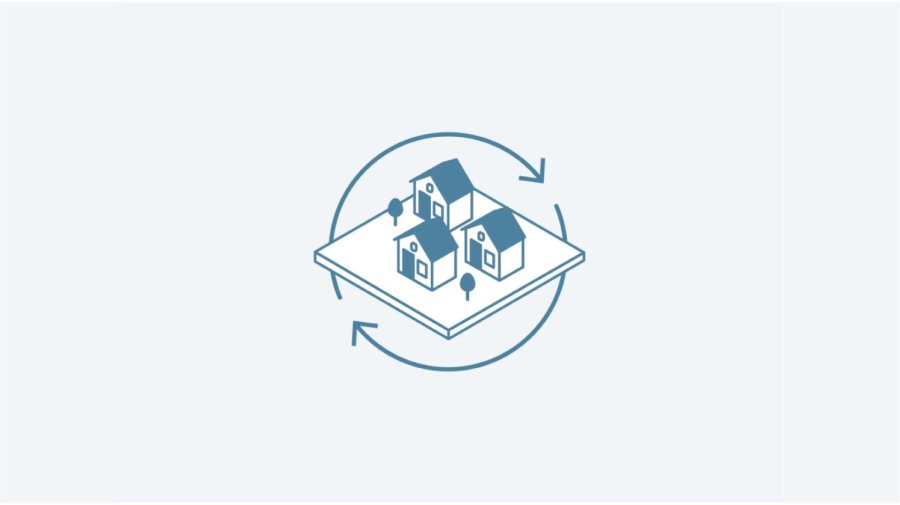We explored the implications of using Digital Ledger Technologies in the administration, management and governance of local communities (e.g. residents of an apartment block or neighborhood) organizing the production and consumption of their resources such as energy, mobility, time, etc.
In this paper for CHI20 we introduce a framework of three mechanisms and six ‘design dilemmas’ that can aid in balancing conflicting values in the design of such local platforms for commons-based resource management.
Full paper:
Cila, Nazli; Gabriele Ferri; Martijn de Waal, Inte Gloerich, Tara Karpinski 2020. ‘The Blockchain and the Commons: Dilemmas in the Design of Local Platforms.’ Proceedings of the 2020 CHI Conference on Human Factors in Computing Systems. Association for Computing Machinery, New York, NY, USA.
Abstract
This paper addresses the design dilemmas that arise when distributed ledger technologies (DLT) are to be applied in the governance of artificial material commons. DLTs, such as blockchain, are often presented as enabling technologies for self-governing communities, provided by their consensus mechanisms, transparent administration, and incentives for collaboration and cooperation. Yet, these affordances may also undermine public values such as privacy and displace human agency in governance procedures. In this paper, the conflicts regarding the governance of communities which collectively manage and produce a commons are discussed through the case of a fictional energy community. Three mechanisms are identified in this process: tracking use of and contributions to the commons; managing resources, and negotiating the underlying rule sets and user rights. Our effort is aimed at contributing to the HCI community by introducing a framework of three mechanisms and six design dilemmas that can aid in balancing conflicting values in the design of local platforms for commons-based resource management.
